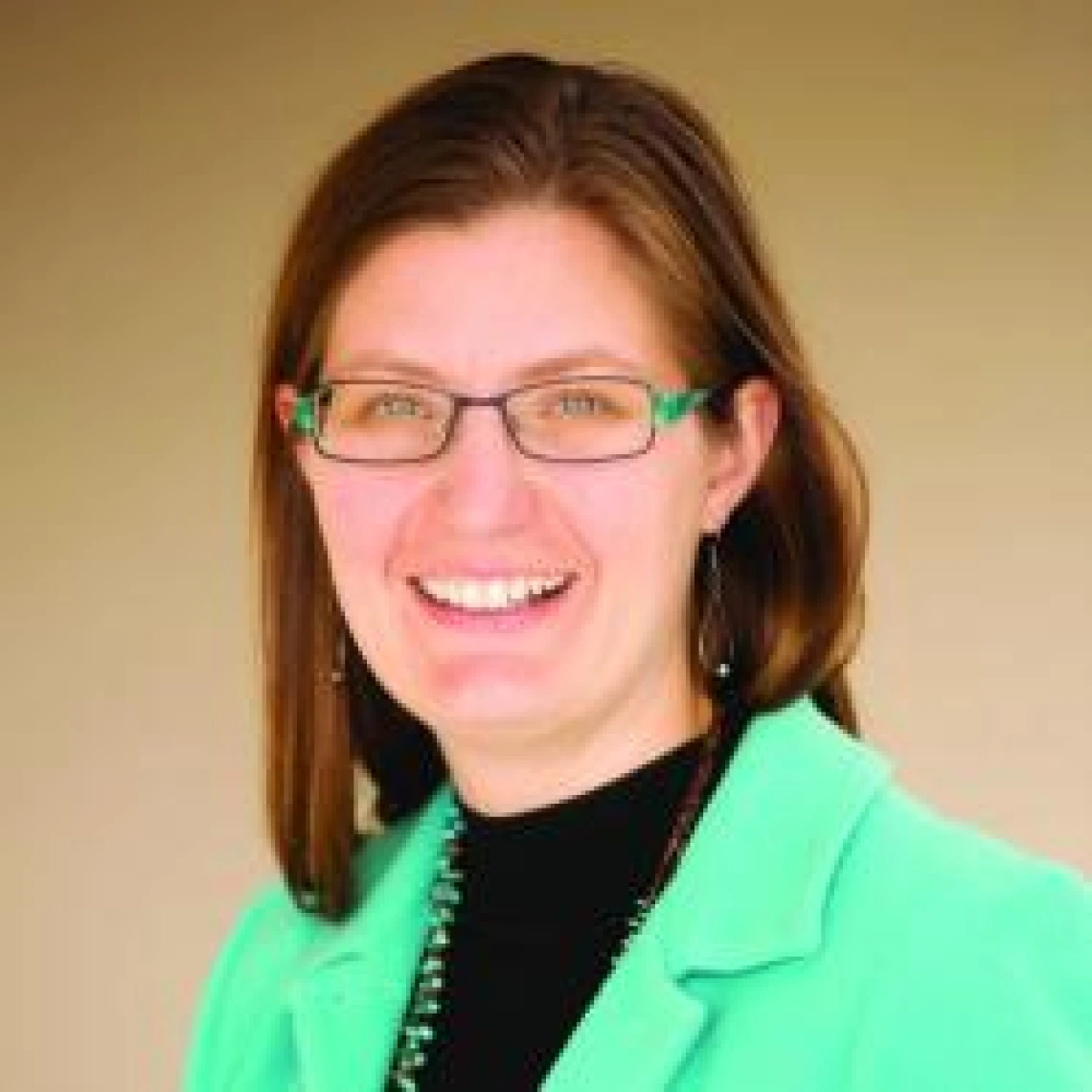UACC researcher discusses proposed expansion for genetic screening

 UA Cancer Center member Christina Laukaitis, MD, PhD, FACP, calls the proposed expansion for the use of genetic screening to identify possible risk for breast and ovarian cancer “a bold, intriguing thought that deserves more study.”
UA Cancer Center member Christina Laukaitis, MD, PhD, FACP, calls the proposed expansion for the use of genetic screening to identify possible risk for breast and ovarian cancer “a bold, intriguing thought that deserves more study.”
On Sept. 8, noted cancer geneticist Mary-Claire King, PhD, was one of five scientists honored at the Albert and Mary Lasker Foundation awards. Dr. King, of the University of Washington in Seattle, identified the BRCA1 gene responsible for inherited susceptibility to breast cancer.
In an article for the Journal of the American Medical Association, Dr. King suggested that all women age 30 or older receive genetic screening, regardless of race, ethnic background, or familial history — a major change from current screening guidelines.
“Broadening the screening guidelines would help identify even more people with a high cancer risk,” Dr. Laukaitis said. “Additionally, we could implement specific preventative care protocols for these patients.”
A large part of Dr. Laukaitis’ research aims to identify patients at high risk for cancer due to strong family history or positive genetic test results and to incorporate prevention strategies to reduce cancer risks. As part of the University of Arizona Cancer Center’s High-Risk Cancer Genetics Clinic, she cares for women who carry BRCA1 or BRCA2 mutations and are at high risk of breast cancer.
While Dr. Laukaitis agrees with the spirit of Dr. King’s proposal, it might take some time to implement such a bold strategy.
“Expanding genetic screening is a complicated issue with legitimate practical concerns that must be addressed before this can become the standard of care,” Dr. Laukaitis said. “It would more than quadruple the number of patients seeking preventative care, and we would need many more trained geneticists who can correctly interpret these findings to provide the most accurate information to patients.”
Additionally, Dr. Laukaitis said there is enough variance in the BRCA1/BRCA2 mutations to keep skilled geneticists from identifying every potential risk factor.
Still, Dr. Laukaitis calls the proposed expansion a “step in the right direction.”
“I’d like to see some large-scale clinical trials to see where this idea might go,” Dr. Laukaitis said. “We’re at a point where genetic testing is no longer cost prohibitive when it’s done on a large enough scale. At the University of Arizona Cancer Center, we have the infrastructure to test this model, thanks in large part to support and development of Precision Health efforts.”
-Nick Prevenas, Sept. 11, 2014



